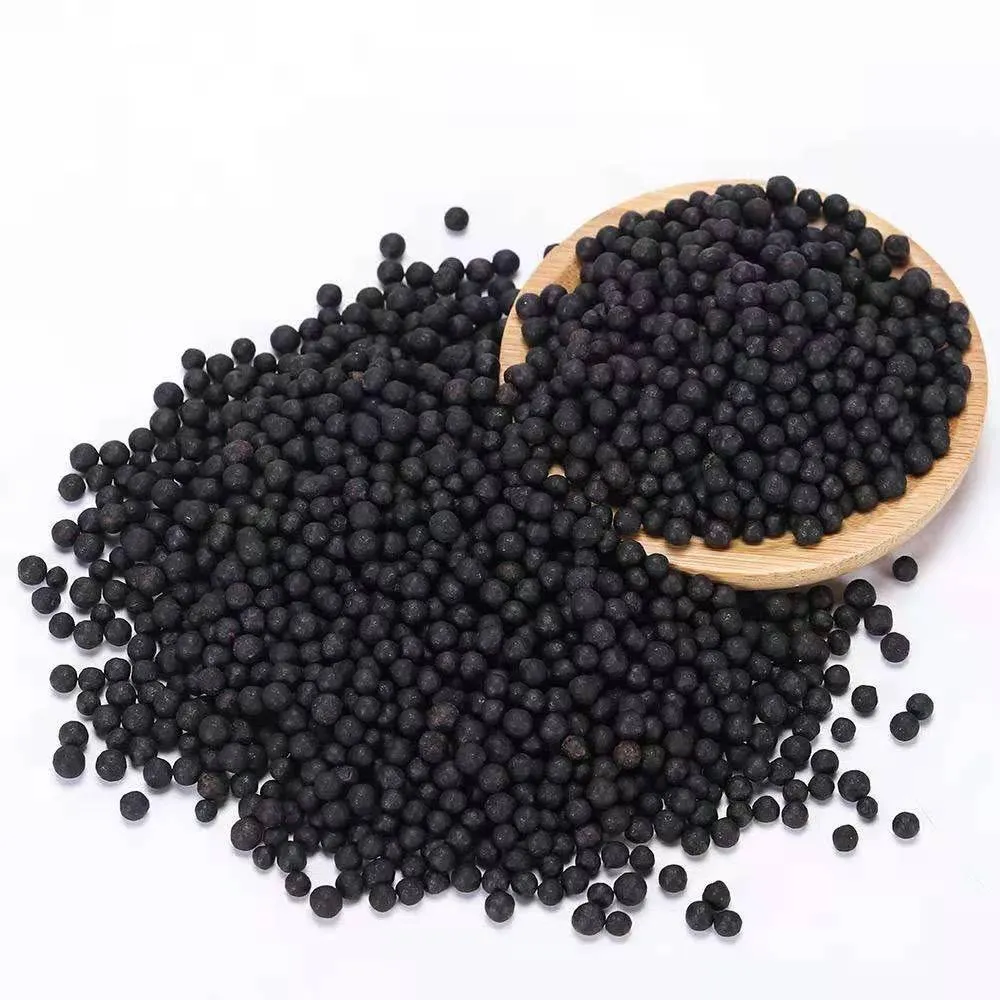
Nov . 14, 2024 20:51 Back to list
common npk fertilizer manufacturers
Common NPK Fertilizer Manufacturers
NPK fertilizers, which contain nitrogen (N), phosphorus (P), and potassium (K), are essential for modern agriculture. These nutrients promote plant growth, enhance flowering, and improve fruit quality. As the global demand for food rises, the role of NPK fertilizers becomes increasingly significant, leading to a surge in their production. This article highlights some of the common NPK fertilizer manufacturers around the world, exploring their contributions to agriculture.
Headquartered in Plymouth, Minnesota, The Mosaic Company is one of the largest producers of concentrated phosphate and potash crop nutrients. The company emphasizes sustainable agricultural practices and invests in research and development to produce high-efficiency fertilizers. Mosaic's NPK fertilizers are tailored to meet varying soil and crop needs, making them a popular choice among farmers seeking to optimize yield.
2. Nutrien Ltd.
Nutrien, a Canadian company formed from the merger of Agrium and PotashCorp, stands as one of the biggest agricultural input companies globally. It offers a range of NPK fertilizers, including both granular and liquid forms. Nutrien focuses on innovative solutions that enhance plant nutrition while minimizing environmental impact. Their comprehensive approach to fertilizer production, coupled with their extensive distribution network, has made them a leader in the agricultural sector.
3. Yara International
Yara, founded in Norway, is renowned for its development of fertilizers and crop nutrition solutions. With a strong commitment to sustainability, Yara's NPK fertilizers are produced with an eye toward minimizing carbon footprints. The company invests heavily in research to develop fertilizers that enhance soil health and support biodiversity. Their products are widely used across Europe, Asia, and the Americas.
4. CF Industries
common npk fertilizer manufacturers

CF Industries, based in Deerfield, Illinois, is a leading manufacturer of nitrogen and phosphate fertilizers. They provide various NPK formulations designed for specific crop types and soil conditions. CF Industries is committed to innovative fertilizer production methods that increase efficiency and reduce environmental impact, positioning themselves as a responsible choice for farmers.
5. EuroChem Group
EuroChem is a global fertilizer company with a strong presence in Europe and beyond. Based in Switzerland, it produces a variety of fertilizers, including NPK blends tailored to local agricultural demands. EuroChem emphasizes technology and precision in its product offerings, ensuring that farmers receive fertilizer solutions that enhance productivity while promoting sustainable practices.
6. OCP Group
The OCP Group, a Moroccan company, is one of the largest producers of phosphates worldwide. OCP has expanded its focus to encompass NPK production, recognizing the importance of balanced nutrition in crop management. The company collaborates with research institutions and farmers to develop customized fertilizer solutions that maximize agricultural productivity and minimize environmental impacts.
7. ICL Group
ICL Group, an Israeli company, is known for its diverse range of specialty fertilizers, including NPK products designed for specific crops and conditions. With a commitment to research and sustainability, ICL focuses on developing innovative solutions that enhance plant health and productivity. Their fertilizers are widely used in both conventional and organic farming practices.
Conclusion
The importance of NPK fertilizers in global agriculture cannot be overstated. Companies like The Mosaic Company, Nutrien, Yara International, CF Industries, EuroChem Group, OCP Group, and ICL Group play vital roles in meeting the increasing demands of the agricultural sector. Their commitment to innovation and sustainability ensures that farmers have access to high-quality products that not only improve crop yields but also promote environmental stewardship. As the agricultural landscape continues to evolve, these manufacturers will remain crucial in supporting sustainable food production worldwide.
-
10 10 10 Fertilizer Organic—Balanced NPK for All Plants
NewsJul.30,2025
-
Premium 10 10 10 Fertilizer Organic for Balanced Plant Growth
NewsJul.29,2025
-
Premium 10 10 10 Fertilizer Organic for Balanced Plant Growth
NewsJul.29,2025
-
Premium 10 10 10 Fertilizer Organic for Balanced Plant Growth
NewsJul.29,2025
-
50 Pound Bags of 13-13-13 Fertilizer for All Plants – Bulk & Organic Options
NewsJul.28,2025
-
High-Efficiency 15-30-15 Granular Fertilizer for Healthy Crops
NewsJul.28,2025
